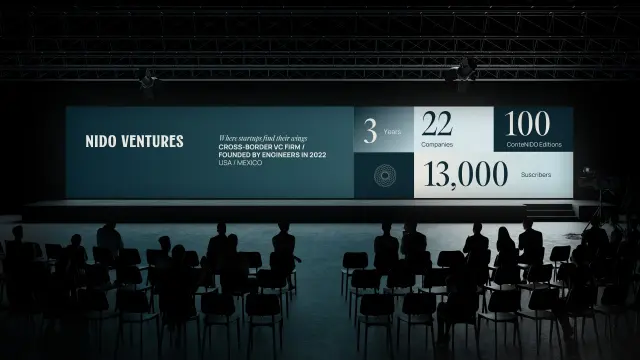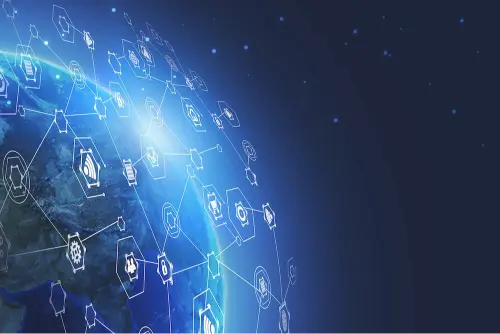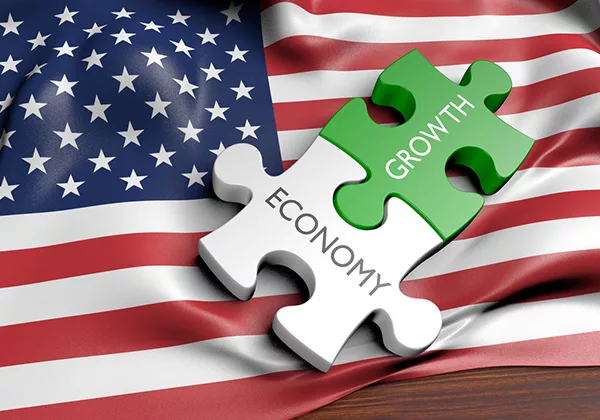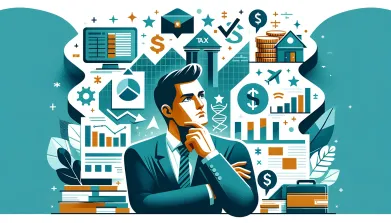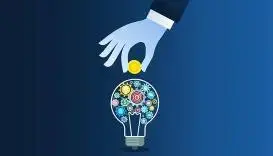

AI coding tools like GitHub Copilot and ChatGPT are transforming the way developers write and maintain code in 2025, improving efficiency and collaboration.

In 2025, artificial intelligence continues to revolutionize the software development landscape. AI-powered code generation tools such as GitHub Copilot, Amazon CodeWhisperer, and ChatGPT are fundamentally changing how developers write, review, and optimize code. This shift is not just about automation — it's about augmenting human capabilities and redefining best practices in development environments. From Manual to Machine-Assisted Coding Traditionally, software development required deep technical knowledge, hours of debugging, and significant team collaboration. With AI tools now embedded in most IDEs, developers receive real-time suggestions, auto-completion, bug detection, and even documentation generation. These tools help teams build prototypes faster and reduce the learning curve for junior developers. For example, GitHub Copilot, trained on vast amounts of open-source code, suggests entire functions based on comments or code snippets. Amazon CodeWhisperer integrates seamlessly with AWS services, speeding up cloud-based deployments. And OpenAI's ChatGPT has become a go-to assistant for debugging, explaining concepts, and automating repetitive tasks. Improved Collaboration and Productivity Beyond speeding up code writing, these tools enhance team collaboration. Features like automated pull request summaries, test case generation, and natural language explanations bridge the gap between technical and non-technical team members. AI can now interpret a project’s documentation and suggest changes aligned with the overall architecture or coding style. In remote and hybrid work environments, AI also acts as a consistent assistant, reducing dependency on specific individuals and helping distributed teams stay aligned. Security and Ethical Coding With great power comes responsibility. One major concern is the risk of insecure code being generated by AI tools. In response, leading platforms have integrated vulnerability detection, license compliance checks, and recommendations for secure coding practices. Moreover, there’s a growing emphasis on using responsible AI. Developers are encouraged to verify AI-generated outputs, avoid over-reliance, and ensure diversity in training datasets to minimize bias. Upskilling and Shifting Roles AI doesn't replace developers — it changes their role. In 2025, developers are shifting from pure code writers to solution designers and system integrators. They're focusing more on architecture, user experience, and strategic decision-making. As a result, coding bootcamps and computer science programs have updated their curricula to include AI tool usage, prompt engineering, and ethical implications of automation. Challenges Ahead Despite the benefits, challenges remain. Not all companies can afford advanced AI tooling. There are also concerns about intellectual property, especially when models are trained on publicly available code. Regulations around software ownership and licensing are still evolving. Additionally, experienced developers sometimes resist adopting AI tools, citing accuracy concerns or a desire for full control over their code. The Future of AI in Development Looking ahead, we can expect tighter integration of AI with DevOps pipelines, continuous integration (CI/CD), and real-time monitoring systems. Future tools may go beyond suggesting code to automatically optimizing performance, reducing carbon footprint, or adapting to user feedback in production. Ultimately, AI-powered code generation in 2025 is more than a productivity booster — it's a fundamental shift in how software is designed, built, and maintained. Embracing these tools wisely is the key to staying ahead in the fast-evolving tech landscape.
